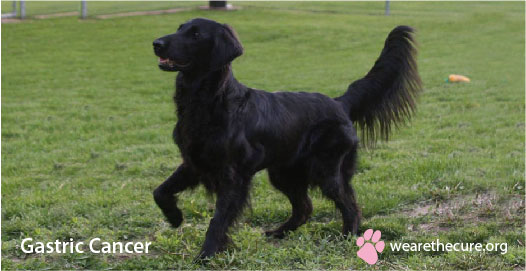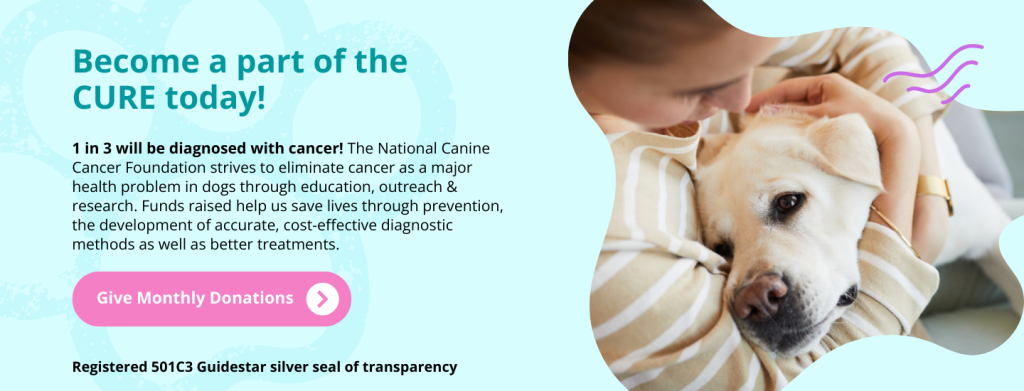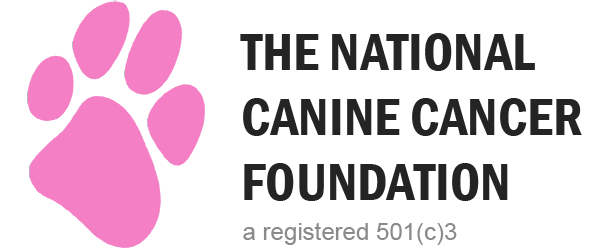Gastric Cancer
 Description – Gastric cancer occurs in dogs mostly in the age group of 8-10 years or more. Though it is a very common type of cancer, it accounts for less than 1% of all malignant tumors. Stomach cancer in dogs, if left untreated, will allow the tumors to grow and interferes with normal stomach function. This increases the risk of gastric obstruction or tumor ulceration.
Description – Gastric cancer occurs in dogs mostly in the age group of 8-10 years or more. Though it is a very common type of cancer, it accounts for less than 1% of all malignant tumors. Stomach cancer in dogs, if left untreated, will allow the tumors to grow and interferes with normal stomach function. This increases the risk of gastric obstruction or tumor ulceration.
When does stomach cancer typically occur in dogs?
Stomach cancers in dogs can occur in any breed at any age, but it is most common in male dogs age 9+. Recent studies have pointed out that German Shepherds have a higher incidence owing to genetic factors. Other breeds shown to be predisposed to gastric carcinoma due to a prevalent of a mutated gene are Bouvier des Flandres, Groenendael, Collie, Tervuren, Standard Poodle and Norwegian Elkhound
Dogs which have been under the influence of nitrosamines (found in food stuffs preserved with nitrite pickling salt) over a prolonged period are believed to be more susceptible to the disease.
What types of stomach cancers do dogs get?
- Primary Gastric Lymphoma – Occurs in the dog’s stomach, one of the most common gastral and intestinal cancers in dogs.
- Leiomyosarcoma – Forms in bone, muscle, fat, blood vessels or cartilage, not nearly as common as lymphoma.
- Mast Cell Tumors (MCTs) – Comprised of cells involved with the dogs natural allergic response.


What types of stomach cancers do dogs get?
- Primary Gastric Lymphoma – Occurs in the dog’s stomach, one of the most common gastral and intestinal cancers in dogs.
- Leiomyosarcoma – Forms in bone, muscle, fat, blood vessels or cartilage, not nearly as common as lymphoma.
- Mast Cell Tumors (MCTs) – Comprised of cells involved with the dogs natural allergic response.
What are the signs and symptoms of a dog with stomach cancer?
Symptoms related to stomach cancer in dogs are often hard to detect. Sadly, symptoms are often not seen until this cancer has reached the advanced stages. Always be on the lookout for lethargy and lack of socializing. You know your dog better than anyone so if they act abnormally or don’t seem to be themselves keep an eye out for additional symptoms or take the dog to the veterinarian.
Owners normally see:
- Anorexia
- Loss of weight
- Vomiting tinged with blood
- Unhappy demeanor and body language
- Irregular urination and bowel movements
- Licking or scratching of any part of the body
- Vocalization – sometimes when touched including nipping due to pain
A mass in your dog’s stomach, of any type, can cause irregular urination and bowel movements due to poor digestion, loss of blood and protein from the ulcer or generalized tumor cachexia. Duration of symptoms may vary from weeks to many months.
Are a dog’s stomach tumors always cancer?
No, not all tumors in a dogs stomach may be cancer. Cancerous tumors (malignant) can initially cause similar discomfort in a dog, but compared to non-cancerous tumors (benign) can progress quickly and harm your dog.
How does your vet diagnose stomach cancer in your dog?
- Double contrast gastric radiographs
- Fluoroscopy
- Ultrasonography
- Biopsies
- Gastroscopy with endoscope
- Test for microcytic hypochromic anemia
- Curative resection
- Wide partial gastrectomy
- Gastrojejunostomy
When doctors take positive or double contrast gastric radiographs, the images reveal a mass lesion extending across the abdomen and into the lumen. Other tests include Fluoroscopy that may reveal motility alterations. Ultrasonography also proves useful in this case. For detecting larger lesions that can be biopsied, oncologists go for gastroscopy with a flexible endoscope. Several large samples need to be taken because most of the tumors have superficial necrosis, inflammation and ulceration. Some tumors are also sub-mucosal in nature, making biopsy difficult.
Instances like microcytic hypochromic anemia and occult blood in the feces may help the oncologists diagnose gastrointestinal cancer in the dog. In many a cases, the liver enzymes are elevated due to obstruction of bile duct because of the disease.
It is normally very difficult to assess which stage the cancer is in without evaluating the liver and all the abdominal lymph nodes. This can be done only through surgery. It could be either curative resection or wide partial gastrectomy or gastrojejunostomy followed by a gastroduodenostomy.
Doctors try to avoid complete gastrectomy since the chances of survival are bleak. In some instances, the lesions become obstructive thus making surgery difficult. In these cases, doctors resort to palliative gastrojejunostomy to allow the passage of food into the intestine. Even this procedure is not bereft of its disadvantages, since the mortality rate is very high.
What are the treatments for gastric cancers in dogs?
Chemotherapy generally begins one week after surgery to ensure that all the cells are killed. A common chemotherapy protocol is chemo (Adriamycin) every 2 weeks for 5 treatments and then weekly (Cytoxan chemotherapy, along with daily Doxycycline (for antiangiogenesis) and Piroxicam (immune support as a COX2 inhibitor) and monthly (Vincristine) treatments.
It may result in some stomach discomfort including upset stomach, diarrhea, and vomiting.
What’s my dog’s prognosis with stomach cancer?
When diagnosed stomach cancer in dogs is usually at an advanced stage. Therefore the chances of recovery and prognosis are usually poor. The median survival in gastric adenocarcinoma is 2 months. In palliative bypasses it is between 1-6 months.
Thank you for utilizing our Canine Cancer Library. Please help us keep this ever evolving resource as current and informative as possible with a donation.

References:
Withrow and MacEwen’s Small Animal Clinical Oncology– Stephen J. Withrow, DVM, DACVIM (Oncology), Director; Animal Cancer Center Stuart Chair In Oncology, University Distinguished Professor, Colorado State University Fort Collins, Colorado; David M. Vail, DVM, DACVIM (Oncology) Professor of Oncology, Director of Clinical Research, School of Veterinary Medicine University of Wisconsin-Madison Madison, Wisconsin, Hound Health– Betsy Brevitz, D.V.M., Dog Owners Home Veterinary Handbook– James M. Giffin MD; Lisa D. Carlson, DVM, Canine Lymphoma: Protocols For 2004– Gregory K. Ogilvie, DVM, DACVIM (Internal Medicine, Oncology)


Other Articles of Interest:
Blog: How To Help Pay For Your Dog Cancer Treatment Cost: 7 Fundraising Ideas
Blog: What Are Good Tumor Margins in Dogs and Why Are They Important?
Blog: Dispelling the Myths and Misconceptions About Canine Cancer Treatment
Blog: Financial Support for Your Dog’s Fight to Beat Cancer
Blog: Cancer Does Not Necessarily Mean A Death Sentence
Blog: What To Do When Your Dog Is Facing A Cancer Diagnosis – Information Overload
Blog: Dog Cancer Warning Signs: Help! I Found a Lump on My Dog
